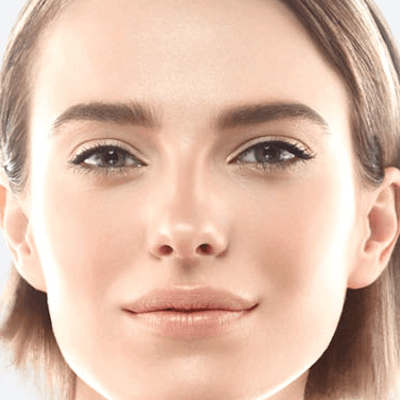Introduction
In today's world, where appearance plays a significant role in self-confidence and overall well-being, many people are turning to non-invasive cosmetic procedures to enhance their natural beauty. Facial Sculpting Treatment in Duba, a popular treatment that involves reshaping and contouring the face, has gained considerable attention due to its ability to address various concerns, from reducing the appearance of wrinkles to defining the jawline. This comprehensive guide will delve into the details of facial sculpting, exploring its benefits, techniques, and considerations.

Understanding Facial Sculpting
Facial sculpting is a broad term that encompasses several techniques aimed at improving facial aesthetics. It can involve addressing concerns such as:
- Sagging skin: Reducing the appearance of jowls and wrinkles.
- Loss of volume: Restoring fullness to cheeks, lips, and temples.
- Asymmetrical features: Balancing facial proportions.
- Double chin: Minimizing its prominence.
Popular Facial Sculpting Techniques
Several effective techniques are used for facial sculpting, each with its own advantages and target areas:
- Dermal Fillers:
- Purpose: Adding volume and fullness to the face.
- Materials: Hyaluronic acid, calcium hydroxyapatite, and poly-L-lactic acid are commonly used.
- Benefits: Immediate results, minimal downtime, and versatility.
- Common areas: Cheeks, lips, nasolabial folds, and temples.
- Botox:
- Purpose: Reducing the appearance of wrinkles by temporarily paralyzing facial muscles.
- Material: Botulinum toxin.
- Benefits: Non-invasive, quick procedure, and long-lasting results.
- Common areas: Forehead lines, crow's feet, and frown lines.
- Thread Lifts:
- Purpose: Lifting and tightening sagging skin.
- Material: Absorbable PDO (polydioxanone) threads.
- Benefits: Minimal downtime, natural-looking results, and potential for collagen stimulation.
- Common areas: Cheeks, jawline, and neck.
- CoolSculpting:
- Purpose: Non-invasively reducing fat deposits.
- Technology: Controlled cooling to freeze and crystallize fat cells.
- Benefits: No incisions, minimal downtime, and long-term results.
- Common areas: Double chin, flanks, and abdomen.
- Ultherapy:
- Purpose: Stimulating collagen production for skin tightening.
- Technology: Ultrasound energy.
- Benefits: Non-invasive, no downtime, and gradual improvement over time.
- Common areas: Face, neck, and décolletage.
Choosing the Right Technique
The best facial sculpting technique for you will depend on your specific goals, facial features, and desired outcomes. Consulting with a qualified cosmetic surgeon or dermatologist is essential to discuss your options and determine the most suitable approach.
Factors to Consider
When considering facial sculpting, several factors should be taken into account:
- Your goals: Clearly define what you hope to achieve with the treatment.
- Your medical history: Inform your provider of any allergies, medications, or underlying health conditions.
- Your lifestyle: Consider your daily routine and how it may affect the healing process.
- Cost: Facial sculpting procedures can vary in price, so it's important to understand the costs involved.
Recovery and Aftercare
The recovery time for facial sculpting procedures can vary depending on the technique used. Some procedures may require minimal downtime, while others may involve a few days of swelling or bruising. Following your provider's aftercare instructions is crucial for optimal healing and results.
Conclusion
Facial sculpting offers a range of options for individuals seeking to enhance their appearance and boost their self-confidence. By understanding the different techniques available and consulting with a qualified professional, you can make informed decisions and achieve your desired results. Remember, the key to successful facial sculpting is finding a treatment that aligns with your goals and complements your natural features.
Comments